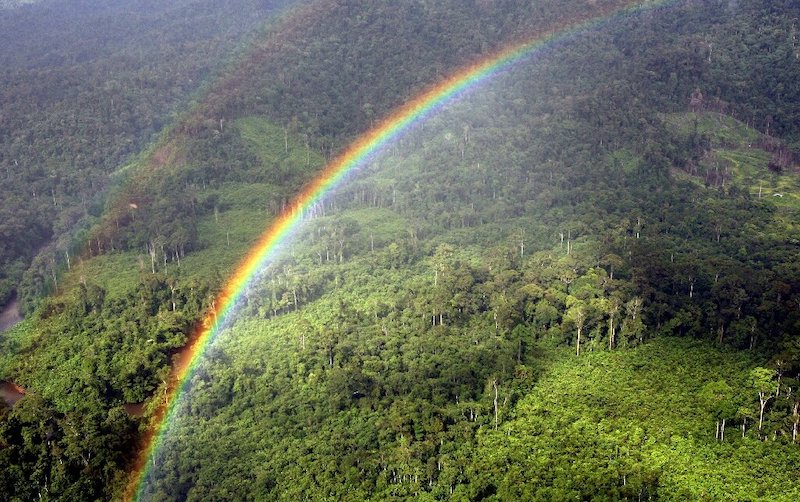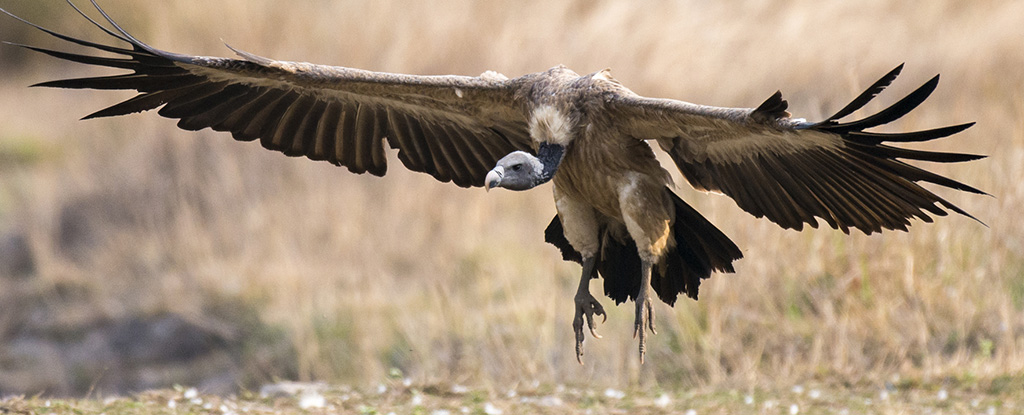 Returning wetlands to their natural state would bring the highest return on investment, both in preventing species loss and slowing the pace of global warming. Credit: AFP
Returning wetlands to their natural state would bring the highest return on investment, both in preventing species loss and slowing the pace of global warming. Credit: AFP
Oct. 14, 2020 (AFP) --Restoring 30 percent of ecosystems long-since converted to agriculture and other human needs could avoid 70 percent of predicted species extinctions and absorb half the CO2 humanity has released into the atmosphere since the industrial revolution, according to an ambitious blueprint for healing the planet released Wednesday.
But it would have to be the right 30 percent to yield maximum benefits, an international team of experts said in a study positioning itself as the scientific cornerstone for a crucial biodiversity summit in China next year.
"Implementing restoration in priority areas would be a major contribution to overcoming the twin climate and biodiversity crises," lead author Bernardo Strassburg, director of the International Institute for Sustainability and an assistant professor at PUC-Rio University, told AFP.
Returning wetlands to their natural state would bring the highest return on investment, both in preventing species loss and slowing the pace of global warming, the study found.
(more)
READ MORE: Phys.org





